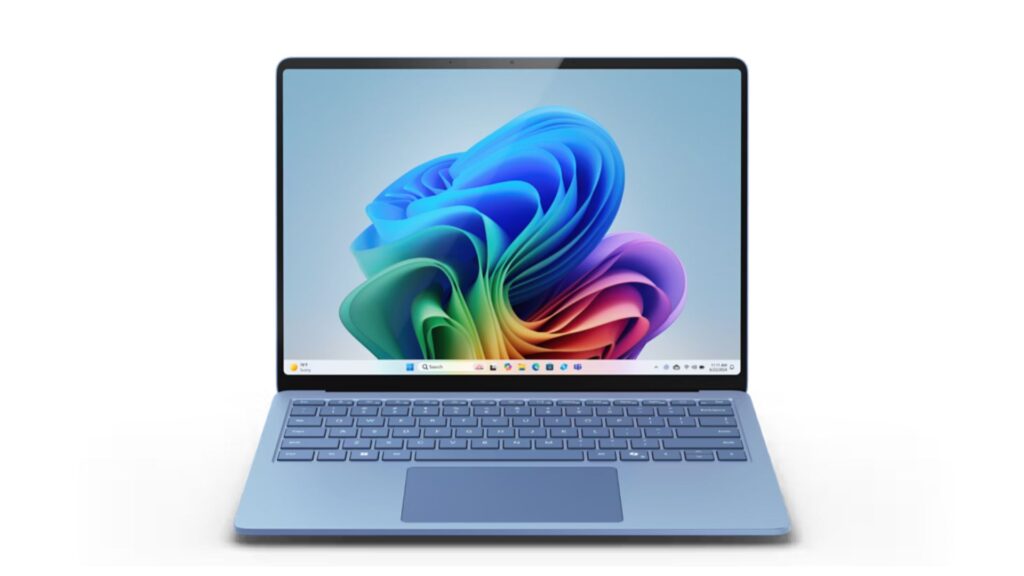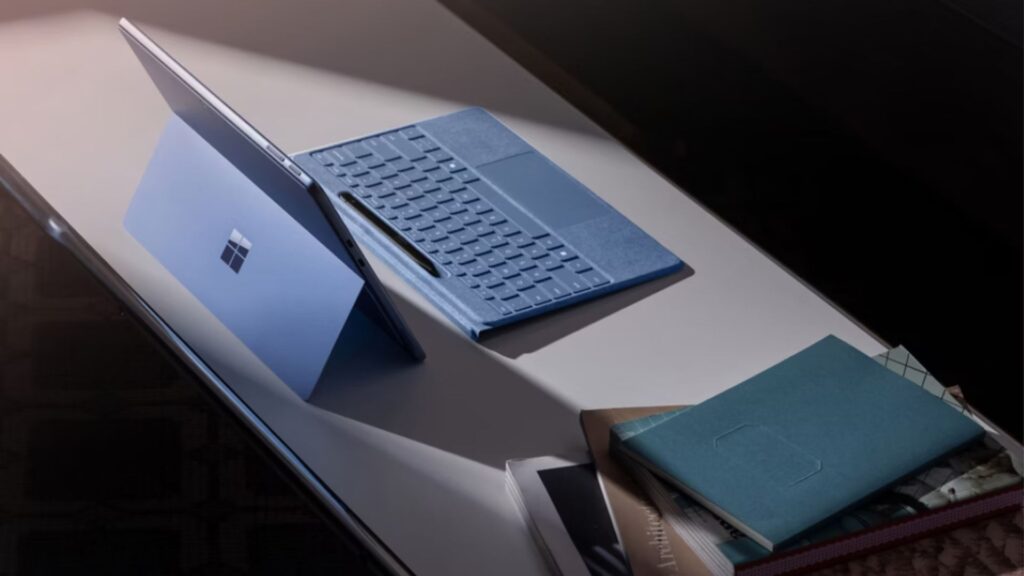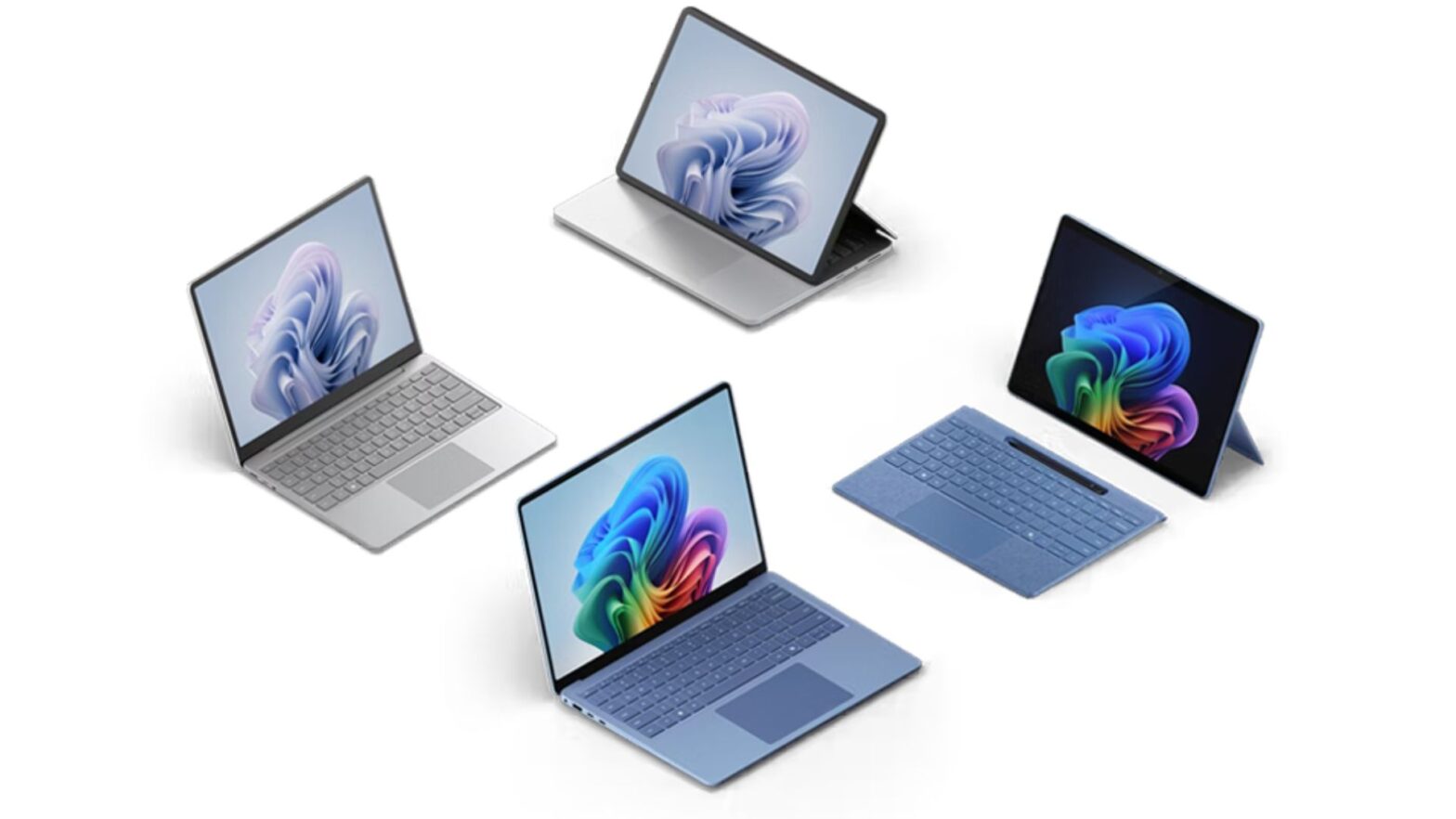Microsoft is reportedly gearing up for a significant refresh of its Surface lineup in 2025, bringing new Copilot Plus models to market with cutting-edge features. This update will see the Surface Pro and Surface Laptop models powered by Intel’s upcoming Lunar Lake processors, marking a shift from previous ARM-based models. As part of the refresh, these new devices are expected to integrate advanced AI functionalities, 5G connectivity, and enhanced display technologies, offering a more robust user experience.

The Copilot Plus initiative, which began earlier this year with the launch of the first AI-ready Surface laptops, continues to evolve. According to reports, the upcoming models will incorporate powerful neural processing units (NPUs), enabling real-time AI applications like image generation, live language translation, and smarter device interactions. Microsoft’s push for more AI-powered devices aligns with its broader strategy to improve productivity and creativity for both business and personal users.
In 2025, the Surface Pro and Surface Laptop will be the first to feature Intel’s Lunar Lake chips, after Microsoft initially introduced Copilot features with Qualcomm’s Snapdragon processors. The new Intel-powered models are set to offer a significant performance boost, addressing some of the limitations seen in previous versions. Moreover, sources suggest that the devices could include an anti-reflective display coating and potentially a card reader, with the Surface Laptop also expected to support 5G connectivity for enhanced mobility.

However, this shift to Intel chips does raise questions. Microsoft had previously relied on ARM-based processors in models like the Surface Pro 11 and Laptop 7, designed to meet business needs. Now, with Intel’s advanced architecture, Microsoft is responding to market demand for devices capable of handling the increasing power requirements of AI tasks. The change, while promising, does come with challenges, especially in ensuring the seamless integration of AI features without sacrificing reliability or compromising device performance.
Competition will also be a major factor. As Apple and Google continue to enhance their devices with AI-driven capabilities, Microsoft’s push into the AI space with these refreshed Surface devices will help it maintain its competitive edge. But how will Microsoft’s AI features stack up against these established players? Experts are optimistic that the new NPUs will significantly boost performance, particularly for creative workflows like image generation, which could reduce the need for cloud computing and offer a more efficient, user-friendly experience.
Microsoft is pushing for a bold future, but one thing remains clear: users expect more than just flashy AI. Privacy and data security will be critical as the company integrates these features into consumer devices. Microsoft must carefully navigate these concerns, ensuring that users can trust its products without worrying about their data being compromised.













